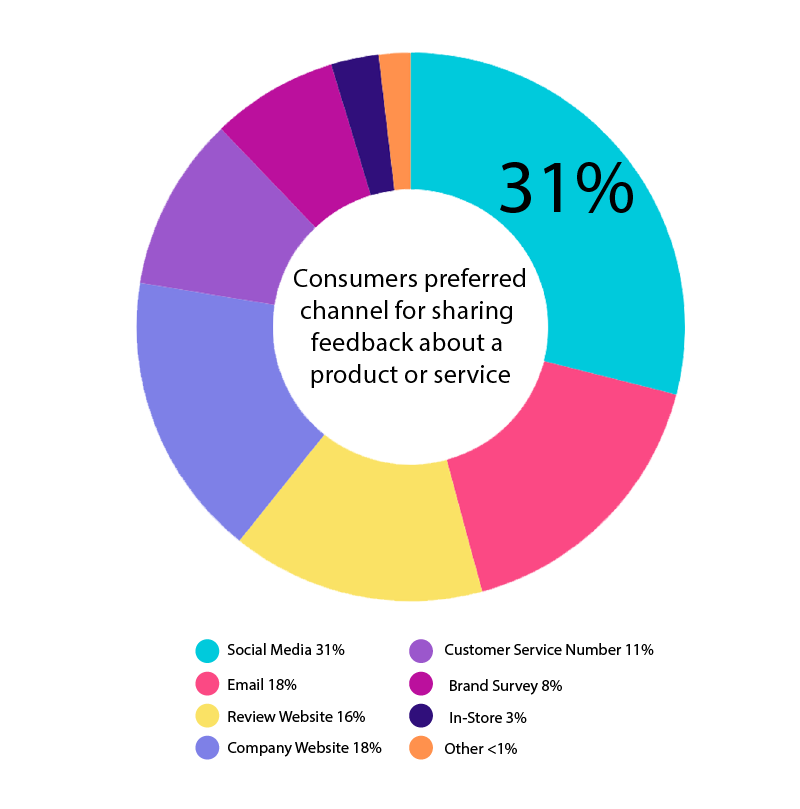
Building yourself a social media campaign can be daunting and time consuming. But if you want to increase brand awareness and reach out to new customers you need to consider using at least one social media platform.
The article “How to Decide which Social Media Channels to Be On” written by Jenn Chen from Sprout Social reveals that 31% of consumers prefer reaching out to businesses via social media.

With social media, you can build your community, listen to your customers, increase brand awareness and keep tabs on your competitors.
By defining your goals you can point to the specific steps you need to take. When you build your community you are encouraging conversations with your target audience and further building your relationship with them.
By understanding what type of business you are, you can begin to refine your campaign.
Are you B2C or B2B?
B2C = Business to Consumer
A business that sells products and services directly to the consumer
B2B = Business to Business
A Business that sells products and services to solve problems for other businesses
While there are plenty of platforms to choose from, its best to know how they work so your choice is easier. By understanding the demographics for these platforms, you can fine tune your advertising to reach your ideal target market.
If you think of social media platforms as tools, below is a list of what they can do.
Need Help With Your Social Media?
There are five main types of social media content, Videos, images, text, stories and live video. The content you create will influence your choice on choosing a social media platform.
Once you have decided on a platform, consider the type of content you would like to post and which platform will support it. For example, Tik Tok is a Video only platform where as Facebook can support videos, images and URLs to name a few.
Finally, consider your ability to create content, do you have a backlog of content readily available to upload to your new social media page, or have you got a team to manage the content?